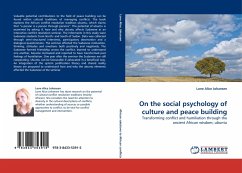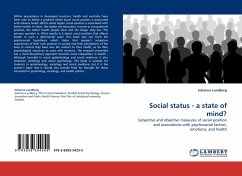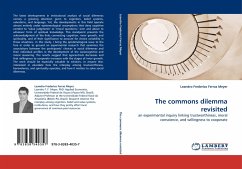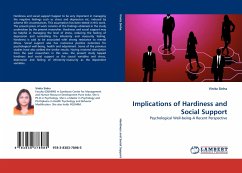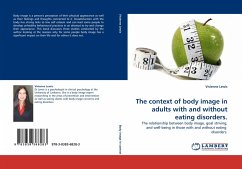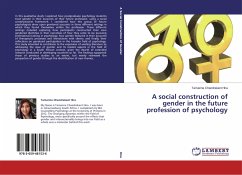Valuable potential contributions to the field of peace building can be found within cultural traditions of managing conflicts. The book explores the African conflict resolution tradition ubuntu, which claims that a person is a person through persons . The potential of ubuntu is examined by asking if, how and why ubuntu affects Sudanese at an interactive conflict resolution seminar. The informants in this study were Sudanese students from North- and South of Sudan. Data was collected through semi-structured interviews, participatory observation and a dialogical questionnaire. The seminar affected the Sudanese motivation, thinking, attitudes and emotions both positively and negatively. The Sudanese formed friendship across the conflict, learned to understand one another, became motivated and reported to have transformed past feelings of humiliation. One year after the seminar the Sudanese are still cooperating. Ubuntu can be favourable if advocated in a beneficial way. An integration of the system justification theory and shared reality theory are proposed to understand how and why the ubuntu elements affected the Sudanese at the seminar.
Bitte wählen Sie Ihr Anliegen aus.
Rechnungen
Retourenschein anfordern
Bestellstatus
Storno

